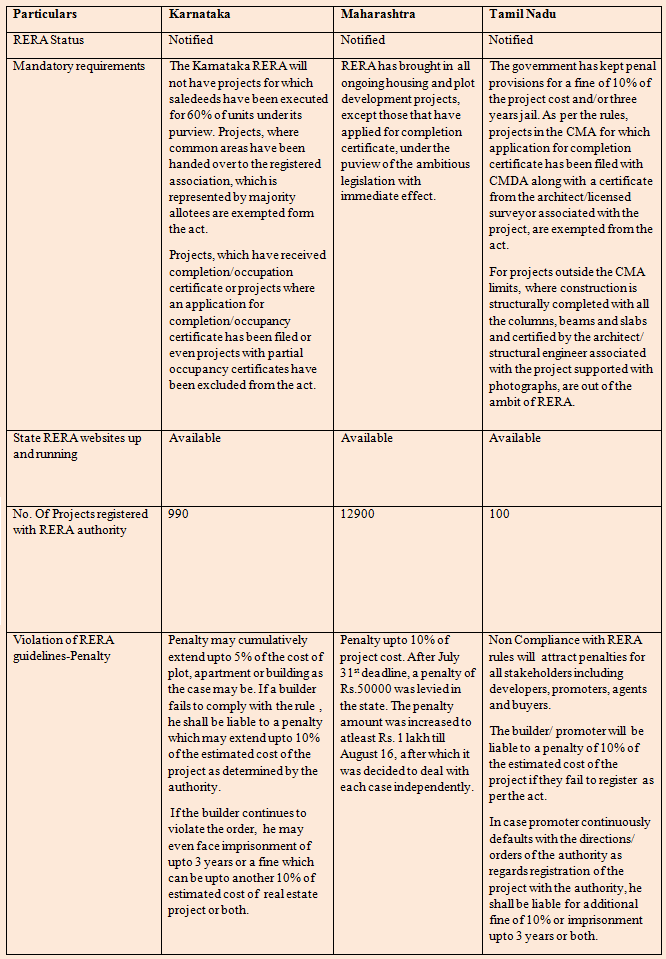
I. Property prices outlook in the Short term.(source- mint)
Property prices are not going to increase in the next 6 to 12 months
In a Facebook Live discussion with Mint, Samir Jasuja, chief executive officer and founder of PropEquity, discussed the current real estate market scenario, new projects being launched in the market, demand and inventory; and how all this could impact property prices.
What are your views on the residential real estate market? What are the factors that favour home buyers?
At this point in time, there is excess supply in the market and the good news is that a lot of supply is in the almost-ready segment or properties that are already ready-to-move-in. Now, in these cases of property buying, you have no Goods and Service Tax (GST) implication.
The advantage is that you can move in to your flat almost the minute you pay for it. There is no execution risk whatsoever. So that is a segment that is going to do well and it is probably the best time to buy in that segment because you are not going to see too much price correction. In fact, there are transactions happening in the ready-to-move-in segment and almost-getting-ready segment in the affordable to mid segment categories across the board.
When we talk about the under-construction or primary properties or projects, which we can say are about 2 years away from completion, these are facing a little bit of a challenge there at this point of time because of GST and the Real Estate (regulation and development) Act, 2016 (RERA).
As far as the luxury segment is concerned, that segment is going to take a little bit more time to start getting revived. More so because the prices still continue to be at a high level. Large numbers of them are under construction, so there are concerns.
Can you give an overview on the number of project launches, inventory and demand in the present market? Are all these increasing or are they stagnant?
So the first part is when you look at the supply. As far as the new launches are concerned, in the last quarter and the coming one or two quarters you are going to witness absolutely minimal new supply.
Most of the companies are gearing up for RERA. They are at this point trying to execute their past projects because they want to avoid the strict penalties that RERA can impose. So when we talk about supply in the coming two quarters, you are going to see a real low supply.
The supply is anyway down in the primary segment by about 90%.
When you talk about the absorption, as I have mentioned, wherever the developer is bringing the price down a little, you are seeing a large amount of absorption in the ready segment as well as in the about-to-get-ready segment.
Given that there is lot of unsold inventory, demand is low and investors are almost out of the market; many homebuyers are of the view that housing prices are going to correct further or at least remain stable for say 6 to 12 months. Hence, most of them are willing to wait and watch. Do you agree with such views?
You are absolutely right when you say that in the next 6 months to 12 months prices are not going to increase.
That is a fact. There is enough supply in the market, both in ready and under-construction segments, but there are certain good locations in every area that are available today in the ready segment but may not be available again at this price.
Even in the under-construction segment, because of the GST being applicable at 12%, prices are going to rise.
Because all developers will have to be RERA compliant, they are bound to raise prices because now they have to fix anything that goes wrong with the apartment in a 5-year period.
The penalties are going to be far stricter, so they are going to capture all those extra costs in the pricing itself.
Many state governments have missed the deadline of 31 July 2017 to establish a regulatory authority under RERA. Their website are not yet up. How it is going to impact the real estate market, especially in those states?
When you talk about new projects that are going to be launched shortly, they will always come under the ambit of RERA, whether the state is ready today or not.
The projects that are out of it are just those projects which have got some occupation certificate already, as well as those that are in states that have given a window of 2-6 months for getting the completion certificate.
As far as any new project is concerned, across India it will have to comply with RERA rules whether the RERA body has been set up in that particular state or not.
In due course of time, about 2 or 3 months, I think all the states will have their RERA bodies set up and even if the website is not be there, developers can go ahead and register their project with the RERA body.
But until and unless the website is up and working, how can a home buyer get the information about projects?
When home buyer goes out to buy a property, he is going to do enough due diligence, he will be going to the developers offices and he will have the proofs in terms of the RERA registration number, which the developer can provide and which he can cross verify with the RERA body.
As I said, its only a matter of a month or 3 months when the websites will also be live for most states. So cross-verification is not going to be difficult.
Of course, once the project is RERA registered, it is also the government’s responsibility to provide adequate proof for the project to convince the buyers that it is complying with RERA regulations.
This can be done online, as well as offline if the website of the RERA body is not ready.
Once each states RERA website is up, what information can home buyers get from it to help them in the buying decision?
When you are in the market to buy a home, you have to do a lot of due diligence about the developer.
There are many developers out there who have spread themselves very thin. They have huge execution challenges ahead of them. They could have sold 20,000 to 30,000 flats but may not have the financial capabilities to complete those projects.
So there is some due diligence that you must do before purchasing, regardless of whether the property is in an about-to-get ready project or even a project that is ready.
II. Status of implementation of RERA Act as on Jul 31st 2017

Disclaimer:
The views of the authors/publishers should not be construed as advice. Investors must make their own investment decisions based on their specific investment objectives and financial positions and using qualified advisors as may be necessary. Opinions expressed in various articles are not necessarily those of Wealthmax Enterprises Management Private Limited(WEMPL) or any of its directors, officers, employees and personnel. Consequently, WEMPL or any of its directors, officers, employees and personnel do not accept any responsibility for the editorial content or its accuracy, completeness or reliability and hereby disclaim any liability with regard to the same. Stock picks and mutual fund snapshots are not exhaustive and should not be construed as recommendations.
